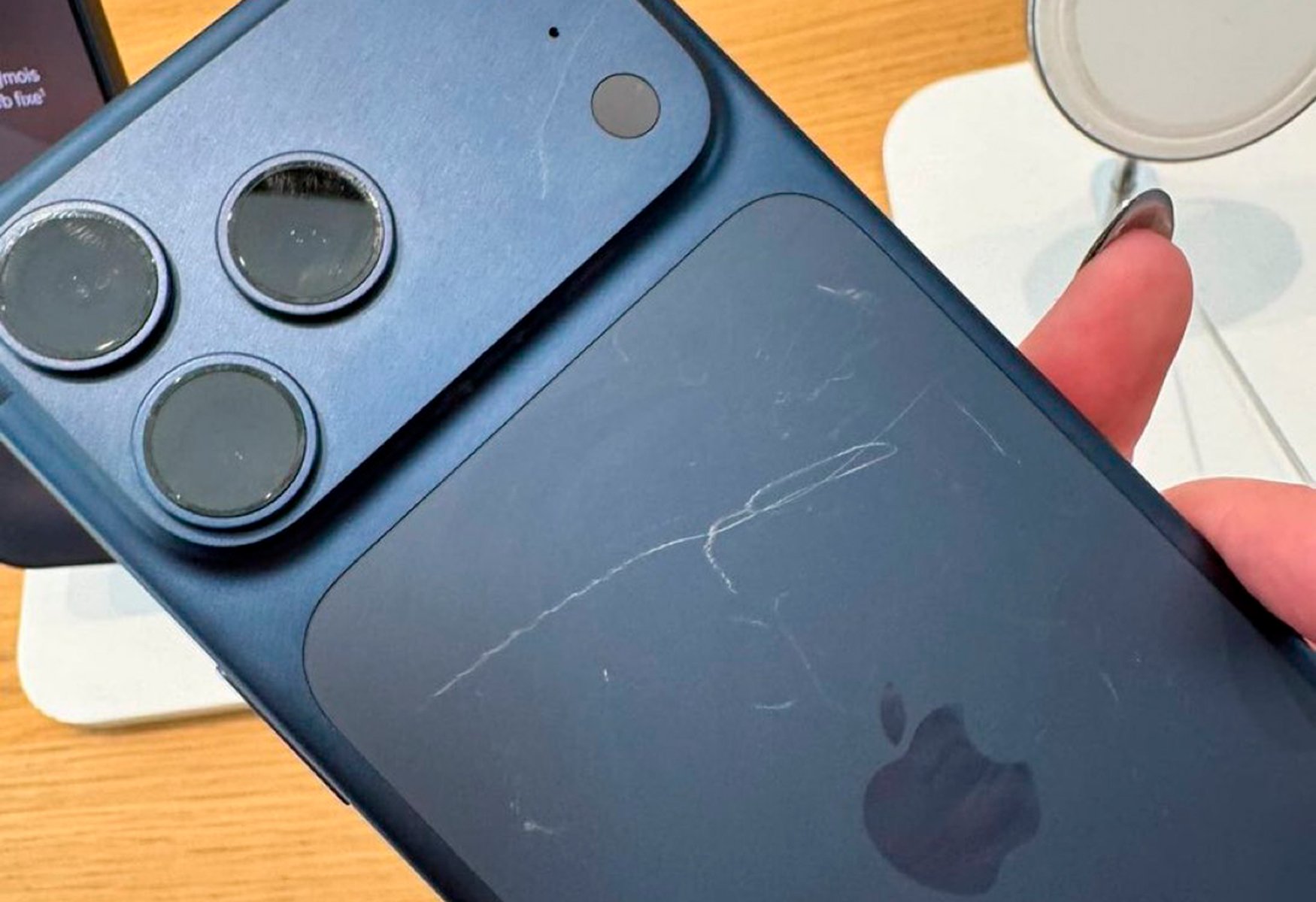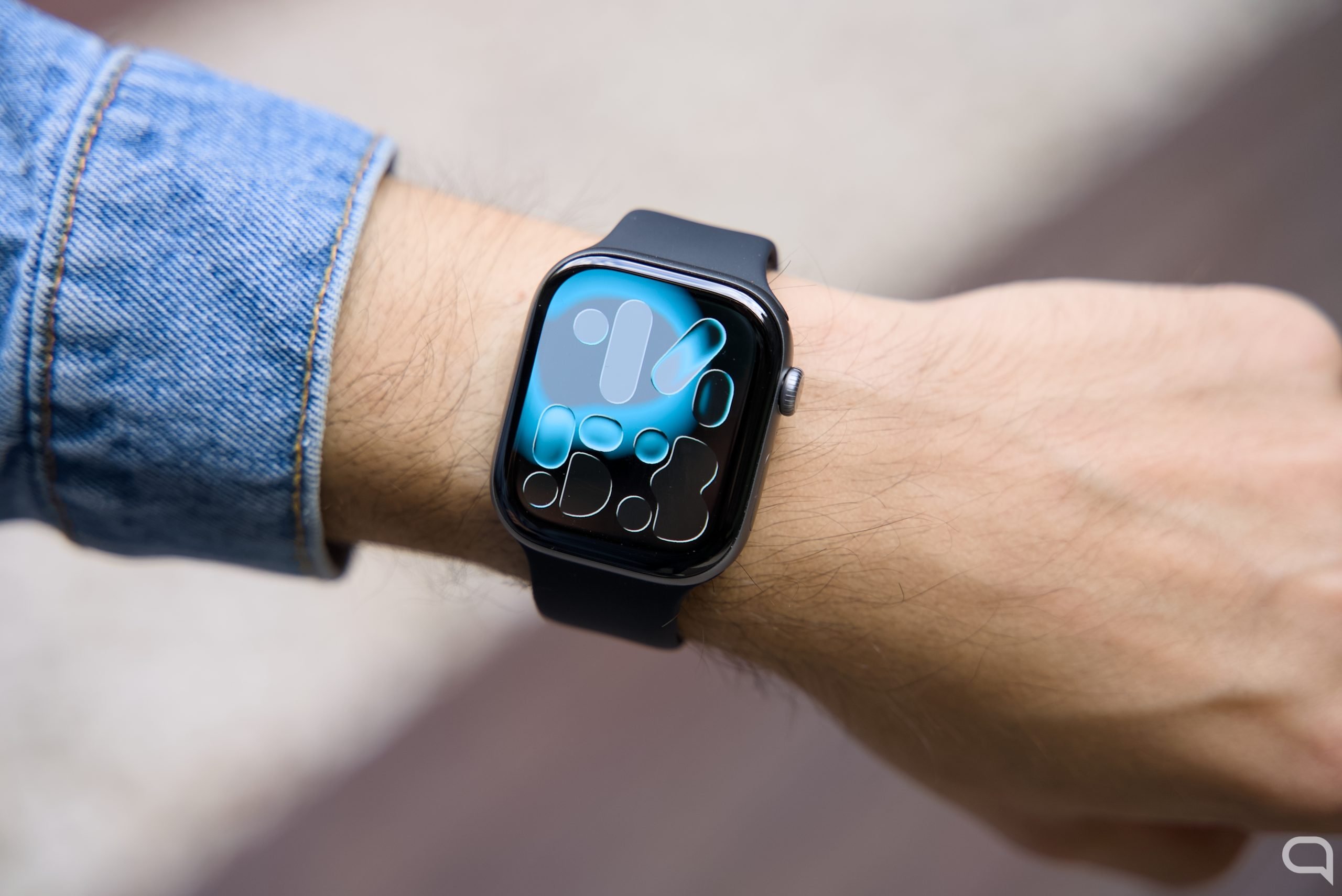Researchers at the Massachusetts Institute of Technology (MIT) have managed to develop an artificial intelligence (AI) that can detect: Parkinson’s diseaseand severity, by analyzing patients’ breathing patterns.
The research, published August 22 in the journal Nature, also included collaboration from researchers from the University of Rochester, Mayo Clinic, and Massachusetts General Hospital.
Parkinson’s disease is caused by the degeneration of cells in an area of the brain called the “matter nigra” or “substance nigra.” These cells are responsible for producing. dopamine.
With dopamine deficiency, neurons gradually lose their ability to communicate, causing symptoms such as muscle stiffness, lethargy, dementia and the very characteristic tremors.
But other symptoms, such as changes in breathing, may be confirmed before the most intense physical manifestation of the disease, according to the researchers.
This clinical finding was already presented in 1817 by James Parkinson, who was responsible for describing the disease.
With this in mind, scientists have developed technology that can map patients’ breathing patterns while they sleep.
With a device similar to an Internet modem, radio waves are propagated and map the environment. These waves can identify patients’ breathing patterns and send the data to a artificial intelligence (AI).
With programming, AI began to discern not only which people had a disease-specific breathing pattern, but also the severity of the manifestation.
This non-invasive technique was able to collect data from 7,671 individuals, 757 of whom had the disease. Others were used as control group.
According to the researchers, AI will be an excellent tool for early diagnosis of the disease. They argue that the use of artificial intelligence in the management of chronic diseases could improve the quality of life of those affected by providing more effective treatments in the future.
ARTICLE Nature Medicine: doi.org/10.1038/s41591-022-01932-x
Source: Tec Mundo
I am Bret Jackson, a professional journalist and author for Gadget Onus, where I specialize in writing about the gaming industry. With over 6 years of experience in my field, I have built up an extensive portfolio that ranges from reviews to interviews with top figures within the industry. My work has been featured on various news sites, providing readers with insightful analysis regarding the current state of gaming culture.













